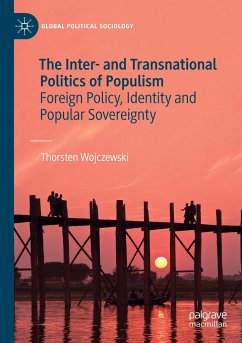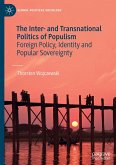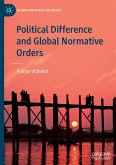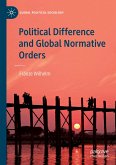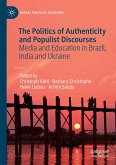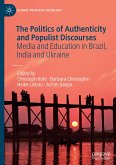Populism has lately experienced a meteoric rise to become one of the most widely used terms in academic and wider public discourses and a supposedly defining feature of both domestic and world politics. Situated at the intersection of International Relations (IR), Political Theory and Comparative Politics, this book makes a critical intervention into the burgeoning IR scholarship on populism and problematizes the often hyperbolic and sweeping usage of the term as a general descriptor for non-centrist politics of different persuasions. The book seeks to move into a different theoretical direction and broaden the empirical focus of existing IR research. Theoretically, it bridges the gap between theories of populism and IR by bringing the Laclauian, discursive approach and IR poststructuralism together in a theoretical framework. The proposed framework moves away from the search for the policy preferences and impact of populism, and instead conceptualizes foreign policy and world politics as potential sites for practicing populism, ranging from the articulation of societal grievances to the construction of populist identities such as 'the people'. Empirically, the book takes IR scholarship beyond the predominant focus on the populist radical right and single-country and -region studies. Building on the discourse analysis of an original data set, it offers a comparative analysis of right-wing and left-wing populist discourses in different world regions as well as populist cross-border collaboration and identity construction.
Bitte wählen Sie Ihr Anliegen aus.
Rechnungen
Retourenschein anfordern
Bestellstatus
Storno

